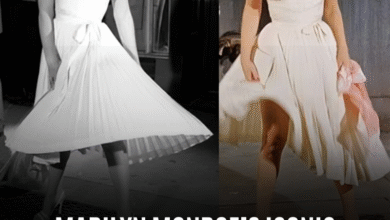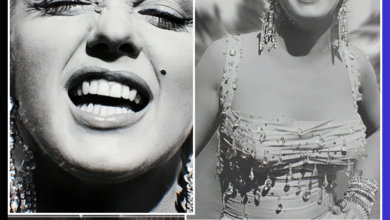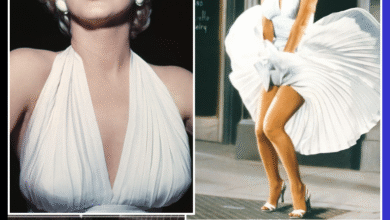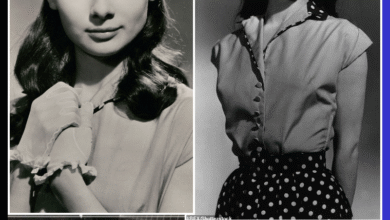Johnny Depp’s Top Influences Revealed – Find Out What He Learned From These Iconic Legends
OPINION: This article may contain commentary which reflects the author's opinion.
Johnny Depp’s career, built on unforgettable characters like Captain Jack Sparrow and Edward Scissorhands, is more than just the sum of his talents—it’s a rich tapestry of mentorships, inspirations, and transformative collaborations. From early lessons given by industry veterans to life-changing partnerships with visionaries, Depp’s path reveals a constant hunger to learn and reinvent.
Born on June 9, 1963, in Owensboro, Kentucky, Depp’s unlikely journey into acting began thanks to Nicolas Cage, who encouraged him to audition for A Nightmare on Elm Street (1984). This pivotal moment introduced Depp not just to acting, but to a lifelong pursuit of eclectic and challenging roles. His early admiration for James Dean, sparked by reading the actor’s biography and watching Rebel Without a Cause, laid the emotional groundwork for his own performances.
Throughout his career, Depp absorbed lessons from some of the industry’s most revered talents. Frederic Forrest inspired him to accept a starring role in 21 Jump Street, despite Depp’s hesitations about television. Meanwhile, silent film legends Charlie Chaplin and Buster Keaton taught him how to convey deep emotion without words—skills that shone in Edward Scissorhands and Benny and Joon.
Few influences, however, rivaled the impact of Depp’s real-world encounters. Spending time with former FBI agent Joseph D. Pistone informed his searing performance in Donnie Brasco. Similarly, his deep friendship with Hunter S. Thompson helped him channel the gonzo spirit required for Fear and Loathing in Las Vegas.
Depp’s learning curve also soared through interactions with cinematic giants. Working alongside Martin Landau in Ed Wood rekindled his passion for acting, and starring opposite Marlon Brando in Don Juan DeMarco offered an invaluable, if subtler, masterclass in presence and nuance. His inspirations for character work extended to classic actors Angela Lansbury, Roddy McDowall, and Basil Rathbone when shaping his portrayal of Ichabod Crane in Sleepy Hollow, and he famously borrowed from Keith Richards—and even Pepé Le Pew—for the eccentric swagger of Captain Jack Sparrow.
Yet, towering above all these influences is director Tim Burton. Their legendary partnership, spanning films like Edward Scissorhands, Charlie and the Chocolate Factory, Sweeney Todd, and Dark Shadows, created a safe haven for Depp’s creative exploration. Burton’s willingness to let Depp push boundaries allowed the actor to sharpen his musical talents, refine his comedic instincts, and embrace oddball characters without restraint.
In the end, Johnny Depp’s career is a testament to artistic humility—the idea that even the brightest stars are students first. His willingness to draw from such a wide array of mentors and inspirations didn’t just build his legacy; it redefined the boundaries of what an actor could become.



